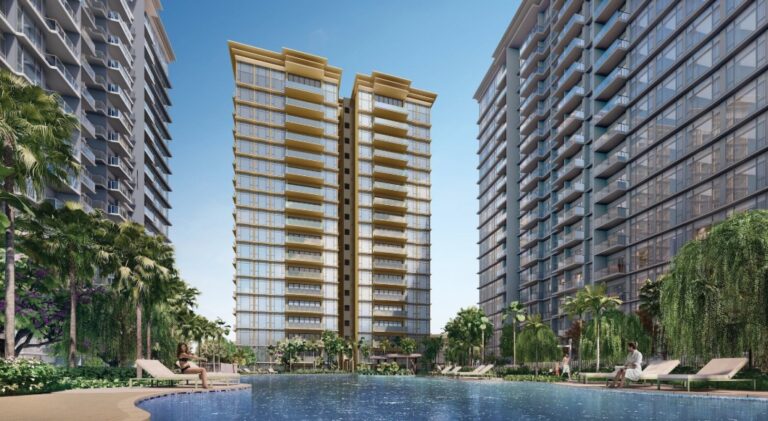Singapore remains one of the most attractive destinations for foreign property investors, thanks to its stable economy, strong legal framework, and robust real estate market.
With new regulatory shifts and evolving market trends, 2025 presents fresh opportunities and challenges for those looking to invest in Singapore’s real estate sector.
Understanding key factors like foreign ownership regulations, taxation, and market trends will be crucial in making informed investment decisions.
Foreign Ownership Regulations

Foreign investors can purchase residential and commercial properties in Singapore, but there are restrictions on certain property types.
The government regulates foreign ownership to maintain affordability for locals while still encouraging external investment.
Types of Properties Accessible to Foreigners
- Private condominiums and apartments are available with minimal restrictions.
- Landed properties, such as bungalows, require special approval from the Singapore Land Authority.
- Executive Condominiums (ECs) can only be purchased after the Minimum Occupation Period (MOP) of five years has passed.
- Commercial and industrial properties are open to foreign investment without restrictions.
Additional Buyer’s Stamp Duty (ABSD)

The ABSD for foreign buyers remains a significant cost factor.
As of 2025, non-citizens are subject to an ABSD rate of 60% on residential properties, a policy aimed at cooling speculation.
However, investors who plan to rent out their properties or hold them for long-term appreciation can still see strong returns.
Key Areas for Investment in 2025
Several districts continue to attract foreign investors due to their growth potential, rental demand, and infrastructure developments.
- Core Central Region (CCR) – Includes Orchard Road, Marina Bay, and Sentosa Cove, where luxury properties appeal to high-net-worth investors.
- Rest of Central Region (RCR) – Areas like Tanjong Pagar and Queenstown offer a mix of premium and mid-tier properties.
- Outside Central Region (OCR) – Punggol, Woodlands, and Choa Chu Kang present more affordable opportunities with high rental demand.
Companies such as Elta have recognized the potential in emerging districts, providing insights into prime locations where long-term appreciation is expected.
Market Trends and Economic Factors
Singapore’s real estate market remains resilient, supported by government infrastructure projects and a strong financial sector. Some notable trends shaping 2025 include:
- Sustainable Developments – Properties incorporating green technology and energy efficiency are gaining investor attention.
- Integration of Smart Homes – High-tech residential developments with AI-driven management systems are becoming more common.
- Resilience in Rental Yields – Rental demand continues to be high, driven by expatriates and remote workers seeking quality accommodation.
Financing Options for Foreign Buyers

While Singapore’s mortgage rates have remained competitive, securing financing as a foreign investor can be challenging. Some options to consider include:
- Local Bank Loans – Certain banks provide financing to foreigners with lower loan-to-value (LTV) limits than for Singaporean buyers.
- Overseas Financing – Some investors prefer securing loans from banks in their home countries with favorable terms.
- Private Lending – Alternative financing options can be explored for those unable to meet strict bank requirements.
The Bottom Line
Foreign investment in Singapore’s real estate market remains a viable option in 2025, particularly for those with a long-term perspective. Understanding regulatory requirements, taxation policies, and emerging market trends is key to making strategic investments.
Whether targeting high-end districts or up-and-coming neighborhoods, investors who stay informed will be better positioned to capitalize on Singapore’s property landscape.







